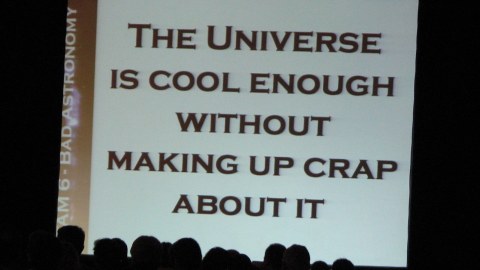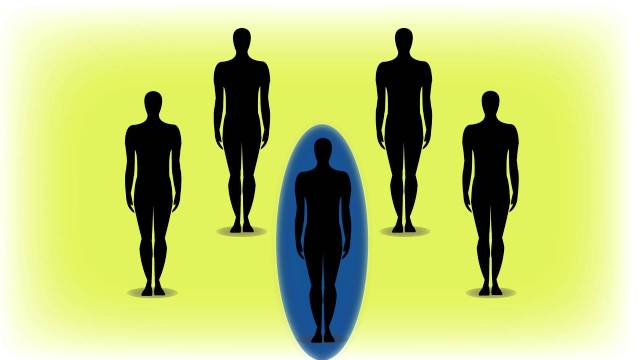With Apologies To Mark Twain: There’s Science, Flawed Science, And Skewed Statistics

Let’s face it: The lure of what appears to be science is tantalizing when some results of studies give us a shimmering glimpse of something revolutionary or game-changing, especially when it comes to our health.
We desperately want the thing to be true.
Ben Goldacre is a doctor — now an epidemiologist. It’s a field that studies whether or not something’s actually good for you.
As he demonstrates so clearly in this TED talk, companies are looking to sell us something that we strongly desire to be real (like health fixes, medicines, etc.), so they manipulate the results. Even some researchers looking for additional funding sometimes do the same.
Until I saw this video, I was not aware of just how test results can be skewed, but they frequently are — in ways that are actually quite surprising.
Watch:
Interactive transcript lives here. Thumbnail Creative Commons licensed via Wikimedia Commons.





